Schools of Anthias are one of the most vibrant sights on a coral reef and are highly desired in the marine aquarium....
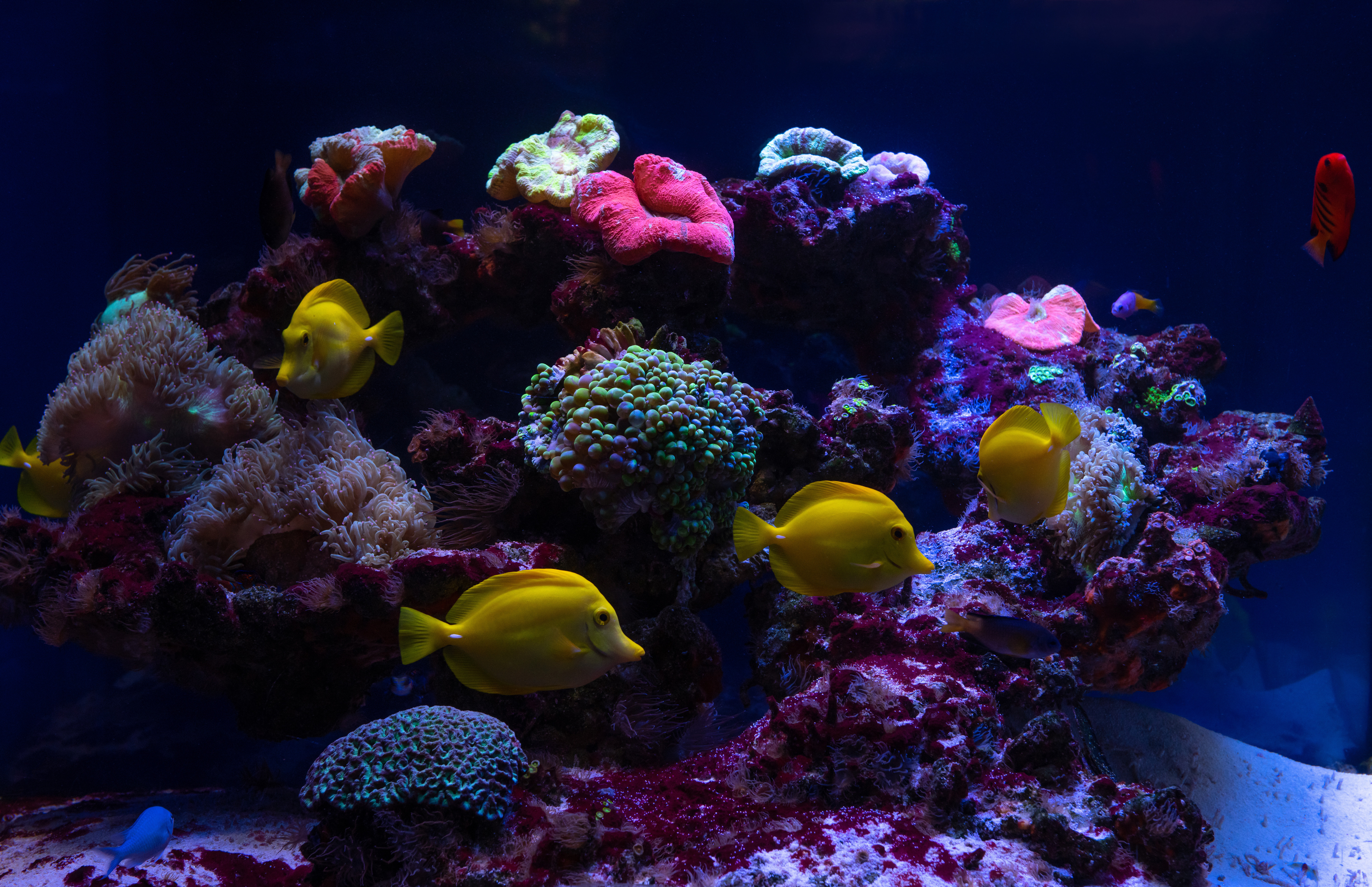
Aquarium Filtration Systems: Choosing the Right One for Your Tank
Importance of Proper Filtration in Aquariums
Maintaining a healthy and thriving aquarium is no easy feat, and one of the most critical aspects of successful aquarium keeping is ensuring proper filtration. Aquarium filtration systems play a vital role in keeping your underwater ecosystem in balance, removing harmful waste, and providing a clean, safe environment for your aquatic pets to thrive.
Without a reliable filtration system, your aquarium can quickly become a breeding ground for harmful bacteria, algae, and other undesirable elements. Unfiltered water can lead to a buildup of toxic substances, such as ammonia and nitrites, which can be detrimental to the health and well-being of your fish and other aquatic life. Additionally, poor water quality can result in cloudy, discolored water, unpleasant odors, and a general decline in the overall aesthetics of your aquarium.
By investing in a high-quality filtration system, you can ensure that your aquarium water is consistently clean, clear, and free of harmful contaminants. This not only promotes the long-term health and happiness of your aquatic pets but also enhances the visual appeal of your underwater oasis, making it a true centerpiece in your home or office. With the right filtration system in place, you can enjoy the beauty and tranquility of your aquarium without the constant worry of water quality issues.
Types of Aquarium Filtration Systems
When it comes to aquarium filtration, there are three main types of systems to consider: mechanical, biological, and chemical. Each type of filtration serves a specific purpose and plays a crucial role in maintaining a balanced and healthy aquarium ecosystem.
Mechanical Filtration
Mechanical filtration is the first line of defense in your aquarium's filtration system. These filters are designed to remove solid waste, debris, and particulate matter from the water, preventing them from accumulating and causing water quality issues. Mechanical filters typically use a variety of media, such as foam, sponge, or filter floss, to trap and remove these physical contaminants.
One of the primary benefits of mechanical filtration is its ability to improve water clarity. By removing suspended solids and debris, the water in your aquarium will appear clearer and more visually appealing. Additionally, mechanical filtration can help to reduce the workload on your biological and chemical filtration components, as it prevents them from becoming clogged or overwhelmed by excessive waste buildup.
When selecting a mechanical filter, it's important to choose one that is appropriately sized for your aquarium's volume and stocking levels. Undersized mechanical filters may struggle to keep up with the waste production in your tank, leading to water quality issues, while oversized filters can create excessive water flow, which may be stressful for some aquatic species.
Biological Filtration
Biological filtration is the backbone of a healthy aquarium ecosystem. These filters rely on the growth and establishment of beneficial bacteria, which play a crucial role in the nitrogen cycle by breaking down harmful waste products, such as ammonia and nitrites, into less toxic compounds like nitrates.
The nitrogen cycle is a natural process that occurs in all aquarium environments, and it is essential for maintaining a balanced and stable water chemistry. Beneficial bacteria, such as Nitrosomonas and Nitrobacter, convert ammonia into nitrites, which are then further broken down into nitrates. By providing a suitable environment for these bacteria to thrive, biological filtration helps to keep your aquarium's water quality in check and promotes the overall health and well-being of your aquatic life.
When choosing a biological filter, it's important to consider factors such as the size of your aquarium, the type and number of fish or other aquatic organisms you have, and the filter's capacity to support the necessary bacterial population. Properly maintaining and cleaning your biological filter is also crucial, as it ensures that the beneficial bacteria can continue to effectively process waste and maintain a healthy aquarium environment.
Chemical Filtration
Chemical filtration is the third component of a comprehensive aquarium filtration system. These filters use specialized media, such as activated carbon, to remove dissolved organic compounds, toxins, and other impurities from the water. By targeting these dissolved contaminants, chemical filtration can help to improve water clarity, reduce discoloration, and eliminate unpleasant odors.
Activated carbon is one of the most commonly used chemical filtration media, as it is highly effective at adsorbing a wide range of organic compounds, including medications, tannins, and other pollutants. Other chemical filtration media, such as ion exchange resins and phosphate removers, can also be used to target specific water quality issues, such as high nitrate levels or excessive phosphate buildup.
When incorporating chemical filtration into your aquarium setup, it's important to choose the right media and to follow the manufacturer's instructions for proper maintenance and replacement. Overusing or underusing chemical filtration can lead to imbalances in water chemistry and potentially harm your aquatic life. Additionally, some chemical filtration media may need to be replaced more frequently than others, depending on the specific needs of your aquarium.
Combination Filtration Systems: Pros and Cons
While the three main types of aquarium filtration (mechanical, biological, and chemical) can be used independently, many aquarists opt for a combination filtration system that incorporates all three components. These integrated systems are designed to provide a comprehensive and efficient solution for maintaining water quality in your aquarium.
One of the primary advantages of a combination filtration system is its ability to address multiple water quality concerns simultaneously. By combining mechanical, biological, and chemical filtration, these systems can effectively remove solid waste, break down harmful compounds, and eliminate dissolved impurities, all while maintaining a balanced and stable aquarium environment.
Additionally, combination filtration systems can be more space-efficient than using separate filters for each type of filtration. This can be particularly beneficial for aquarists with limited tank space or who prefer a more streamlined and aesthetically pleasing setup.
However, it's important to note that not all combination filters are created equal. Some may prioritize one type of filtration over another, or may not provide sufficient capacity to handle the specific needs of your aquarium. It's crucial to carefully research and select a combination filter that is appropriately sized and equipped to meet the requirements of your tank and its inhabitants.
Furthermore, the maintenance and servicing of combination filtration systems can be more complex than single-purpose filters. Cleaning and replacing the various filter media components may require more time and effort, and it's essential to follow the manufacturer's instructions to ensure the system continues to function effectively.
Factors to Consider When Choosing a Filtration System for Your Tank
When it comes to selecting the right aquarium filtration system for your tank, there are several key factors to consider. By taking the time to evaluate your specific needs and preferences, you can ensure that you choose a filtration solution that will keep your underwater ecosystem healthy and thriving for years to come.
Tank Size and Stocking Levels
One of the most important factors to consider when choosing a filtration system is the size of your aquarium and the number and type of aquatic organisms it houses. As a general rule, the filtration system should be sized to handle the maximum bioload (the total amount of waste produced by the fish and other aquatic life) in your tank.
Undersized filtration systems may struggle to keep up with the waste production, leading to water quality issues and potential health problems for your aquatic pets. Conversely, an oversized filtration system can create excessive water flow, which may be stressful for some fish species or disrupt the natural currents in your aquarium.
When evaluating filtration options, be sure to carefully consider the recommended tank size and maximum stocking levels for each system. This will help you make an informed decision and ensure that your filtration system is properly matched to the needs of your aquarium.
Fish and Aquatic Life
The specific fish and other aquatic organisms you keep in your tank can also play a significant role in determining the most suitable filtration system. Different species have varying water quality requirements, and some may be more sensitive to certain types of filtration or water flow patterns.
For example, delicate fish, such as bettas or tetras, may prefer a lower-flow filtration system, while more active species, like cichlids or goldfish, may thrive in a setup with higher water movement. Additionally, some fish may produce more waste than others, requiring a filtration system with a higher capacity to maintain optimal water quality.
When selecting a filtration system, be sure to research the specific needs and preferences of the fish and other aquatic life in your tank. This will help you choose a system that not only keeps the water clean and healthy but also provides a comfortable and stress-free environment for your underwater inhabitants.
Maintenance and Ease of Use
Another crucial factor to consider when choosing an aquarium filtration system is the level of maintenance and effort required to keep it running effectively. Some filtration systems may be more complex or time-consuming to clean and maintain than others, which can be a significant consideration for aquarists with busy schedules or limited experience.
When evaluating filtration options, look for systems that are designed with user-friendly features, such as easy-to-access filter media, tool-free disassembly, and clear instructions for maintenance and troubleshooting. Additionally, consider the frequency with which the filter media will need to be cleaned or replaced, as this can impact the long-term cost and effort required to keep your aquarium in top condition.
By selecting a filtration system that aligns with your maintenance preferences and capabilities, you can ensure that your underwater ecosystem remains well-cared for and that you can enjoy the beauty and tranquility of your aquarium without feeling overwhelmed by the upkeep.
Budget and Cost Considerations
Finally, the cost of the filtration system is an important factor to consider when making your selection. Aquarium filtration can vary widely in price, from budget-friendly options to more premium, feature-rich systems. It's essential to balance your budget with the specific needs and requirements of your aquarium to ensure that you choose a filtration solution that provides the best value and meets your expectations.
When evaluating the cost of a filtration system, be sure to consider not only the initial purchase price but also the ongoing operational and maintenance costs. Some filters may have higher energy consumption or require more frequent replacement of filter media, which can add up over time. By carefully weighing these factors, you can make an informed decision that fits within your budget while still providing your aquatic life with the high-quality filtration they need to thrive.
Maintenance and Troubleshooting Tips for Aquarium Filtration Systems
Maintaining and troubleshooting your aquarium filtration system is crucial for ensuring the long-term health and stability of your underwater ecosystem. Proper care and maintenance of your filtration system can help to extend its lifespan, improve water quality, and prevent costly and time-consuming issues down the line.
Routine Maintenance and Cleaning
One of the most important aspects of maintaining your aquarium filtration system is regular cleaning and maintenance. Depending on the type of filter you have and the size of your tank, this may involve tasks such as:
- Cleaning or replacing mechanical filter media (e.g., sponges, filter floss)
- Rinsing or replacing biological filter media (e.g., ceramic rings, bio-balls)
- Replacing chemical filtration media (e.g., activated carbon, phosphate removers)
- Cleaning impellers and other moving parts to ensure efficient operation
- Checking and replacing any worn or damaged components
It's important to follow the manufacturer's recommended maintenance schedule and procedures to ensure that your filtration system continues to function at its best. Neglecting routine maintenance can lead to a buildup of debris, reduced filtration efficiency, and potentially harmful water quality issues.
Troubleshooting Common Issues
Even with proper maintenance, aquarium filtration systems can sometimes encounter problems that require troubleshooting and problem-solving. Some common issues that aquarists may face include:
- Reduced water flow or suction
- Clogged or dirty filter media
- Excessive noise or vibration from the filter
- Malfunctioning or failed components (e.g., impellers, motors)
- Persistent water quality problems (e.g., cloudy water, high ammonia/nitrite levels)
When encountering any of these issues, it's important to first check the manufacturer's troubleshooting guide or consult with an experienced aquarium specialist. Depending on the problem, the solution may involve cleaning or replacing filter media, adjusting flow rates, or addressing underlying water quality concerns.
By being proactive in maintaining and troubleshooting your aquarium filtration system, you can ensure that your underwater ecosystem remains healthy, vibrant, and free of water quality issues. This, in turn, will provide a more enjoyable and rewarding experience for you and your aquatic pets.
Conclusion: Finding the Perfect Filtration System for Your Aquarium
Choosing the right aquarium filtration system is a crucial decision that can have a significant impact on the health and well-being of your underwater inhabitants. By understanding the different types of filtration (mechanical, biological, and chemical) and the factors to consider when making your selection, you can ensure that you find a solution that meets the specific needs of your aquarium and provides your aquatic life with the clean, stable environment they require to thrive.
Whether you opt for a standalone mechanical, biological, or chemical filter, or choose a comprehensive combination system, the key is to select a filtration solution that is properly sized for your tank, compatible with your aquatic species, and easy to maintain. By investing in a high-quality filtration system and keeping it well-maintained, you can enjoy the beauty and tranquility of your aquarium while providing your underwater friends with the optimal living conditions.
So, don't let water quality issues and poor filtration dampen your aquarium experience. Take the time to research and choose the perfect filtration system for your tank, and enjoy the rewards of a healthy, vibrant underwater ecosystem for years to come.

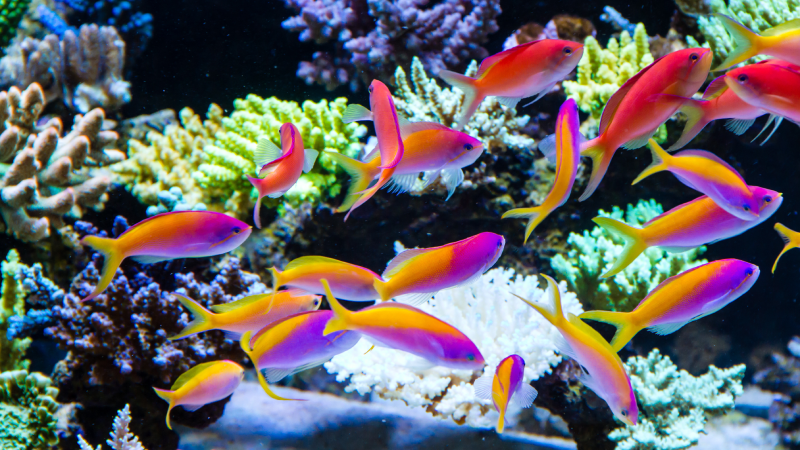

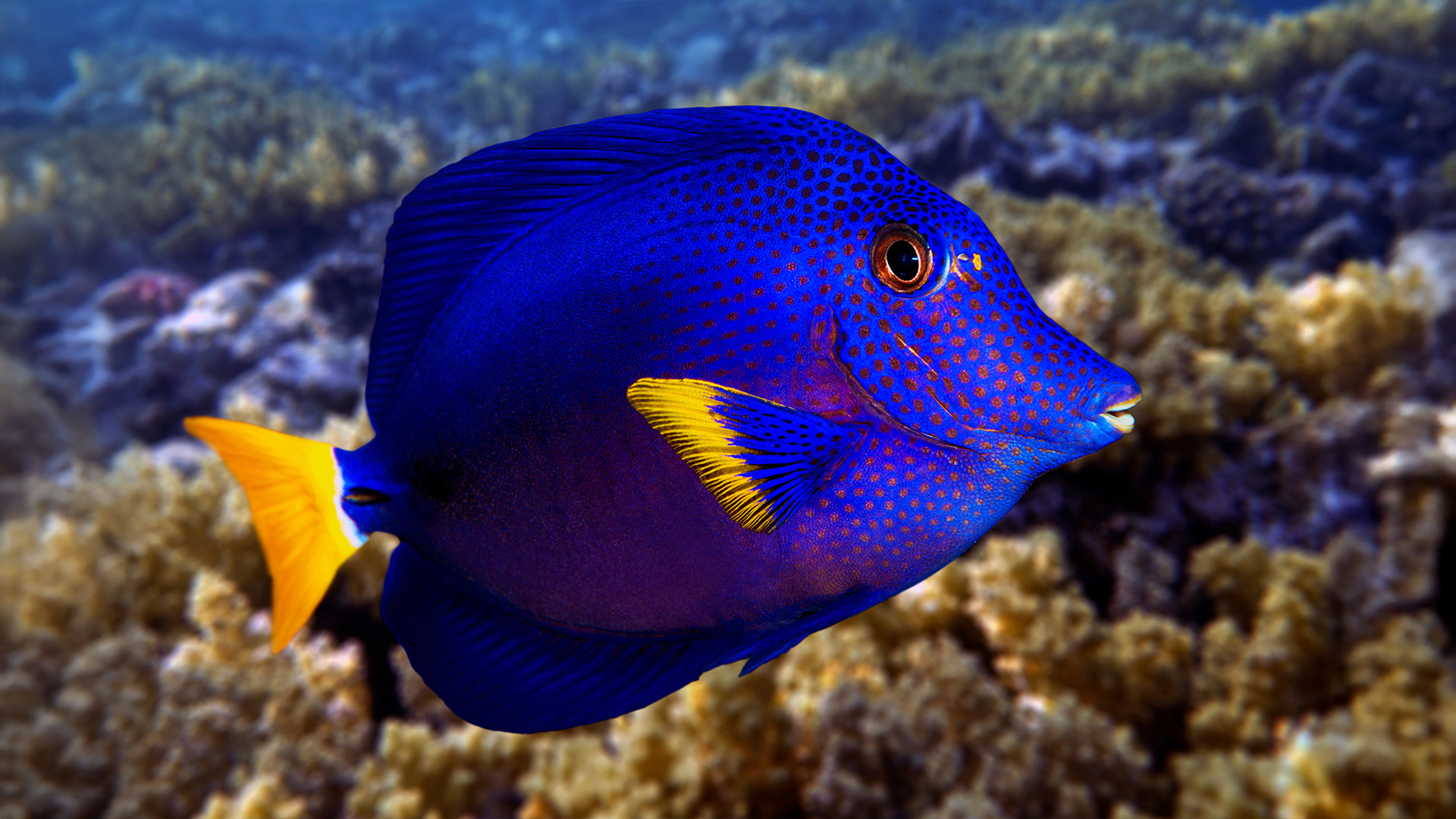

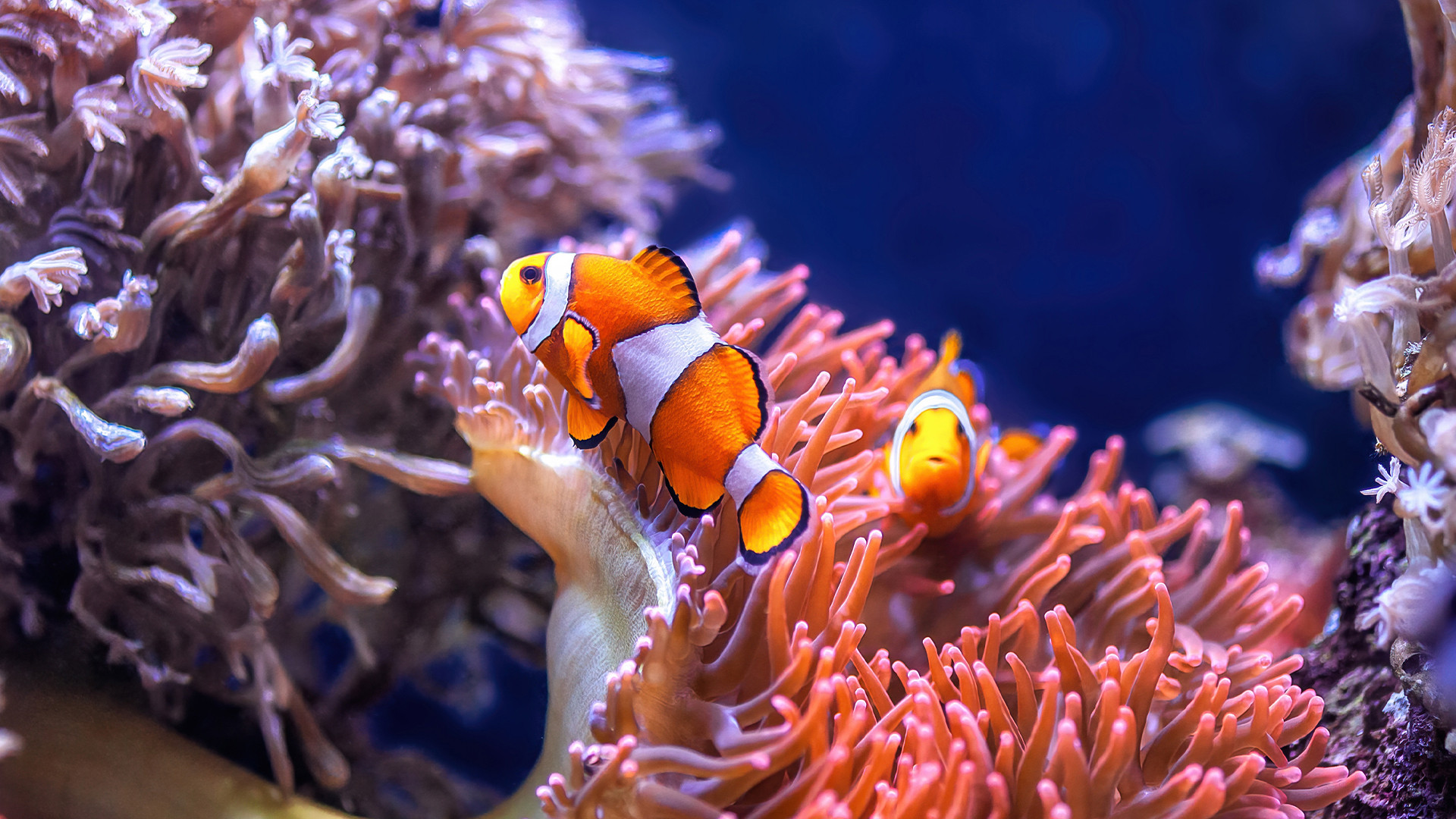
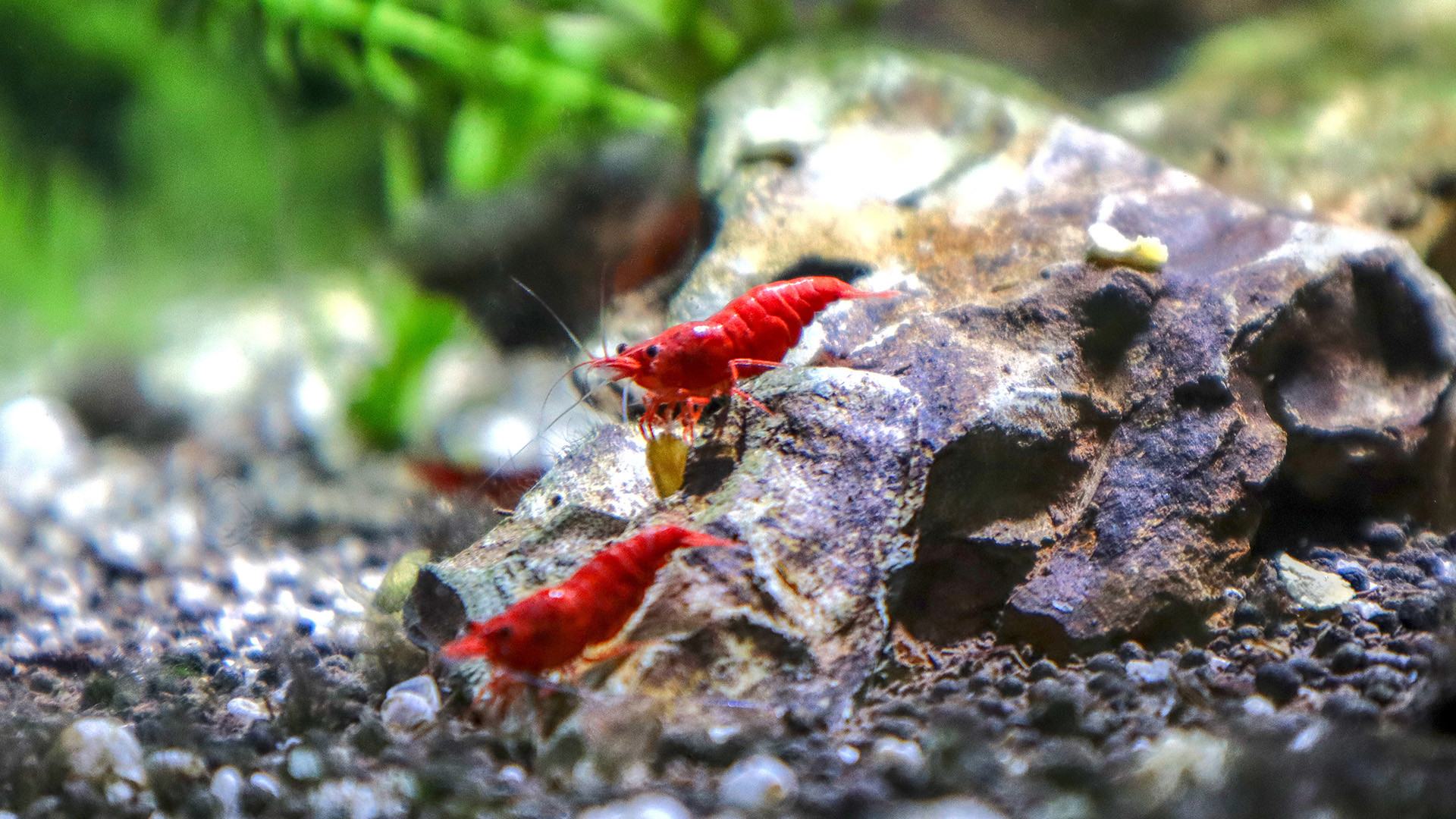
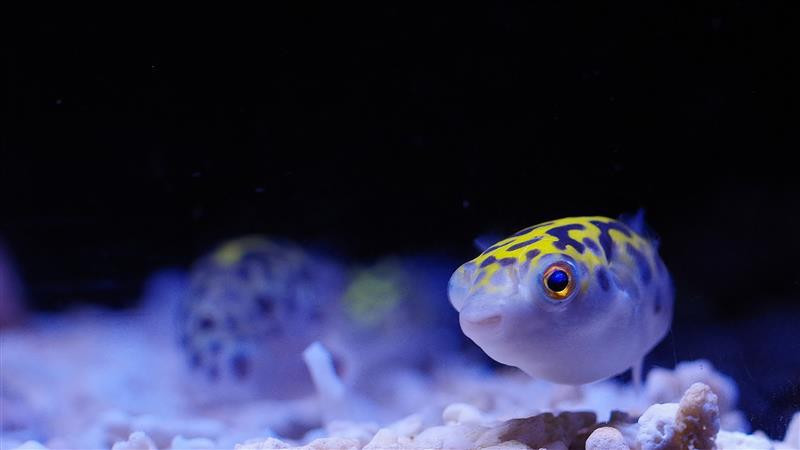
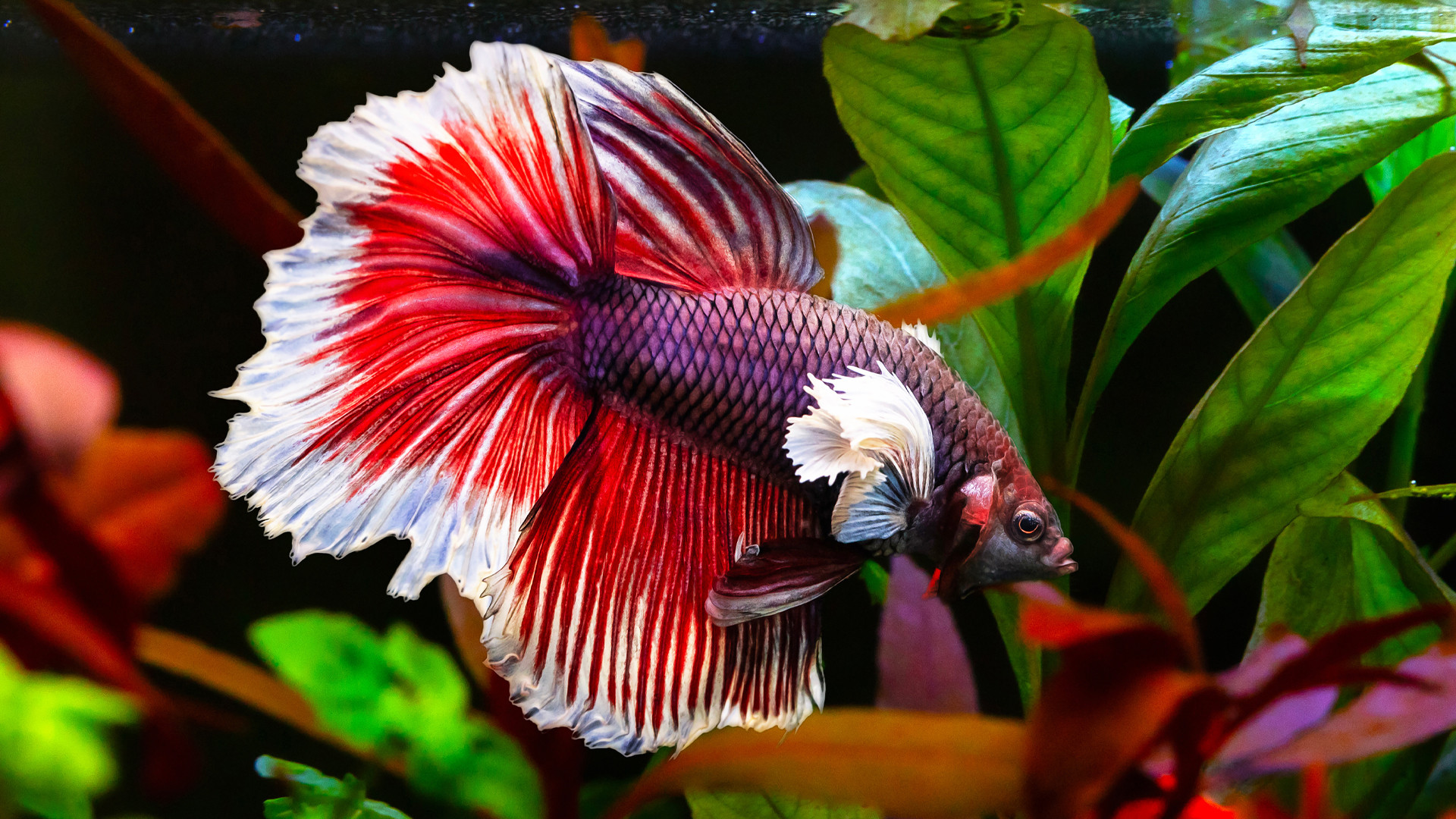
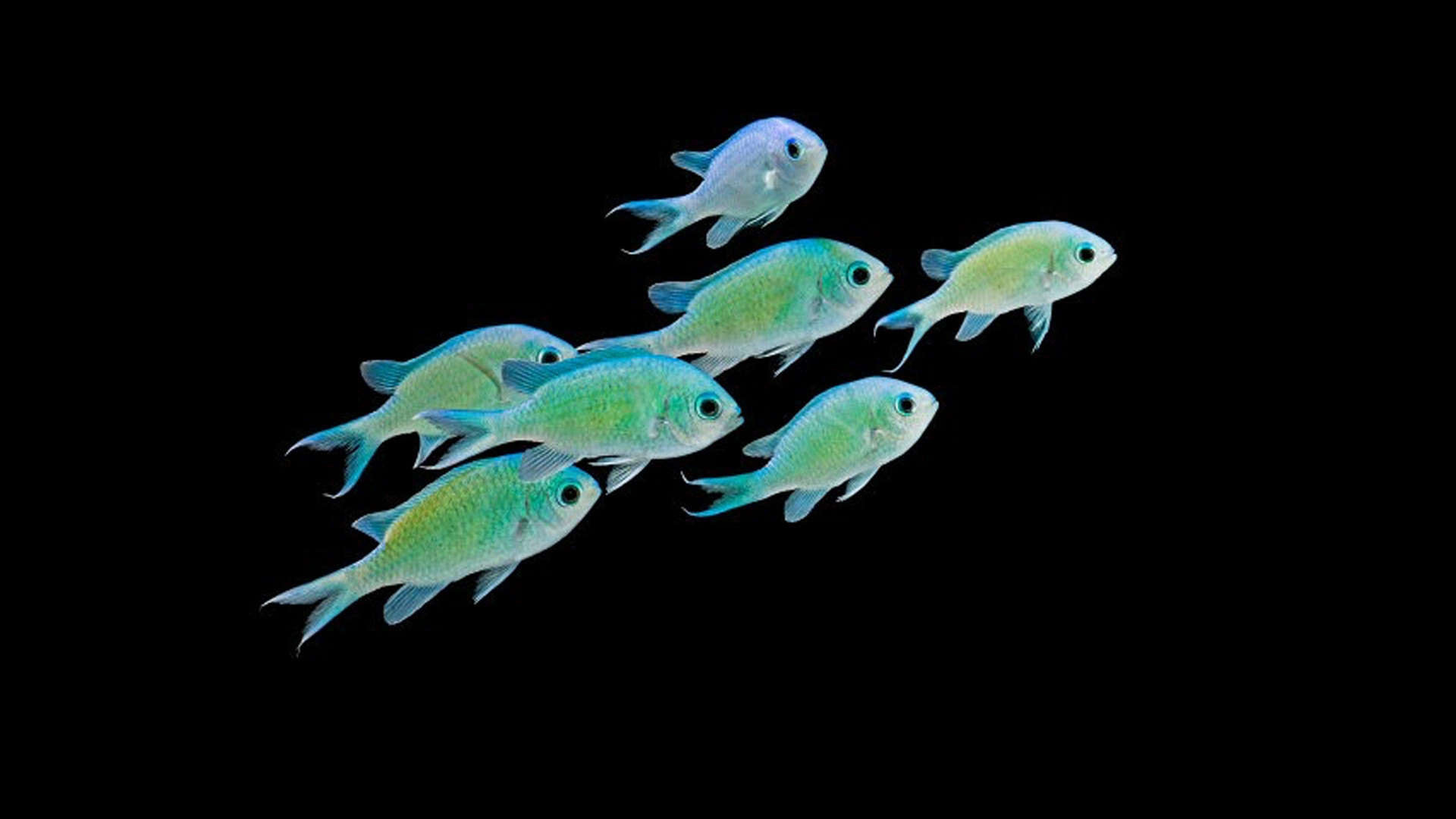

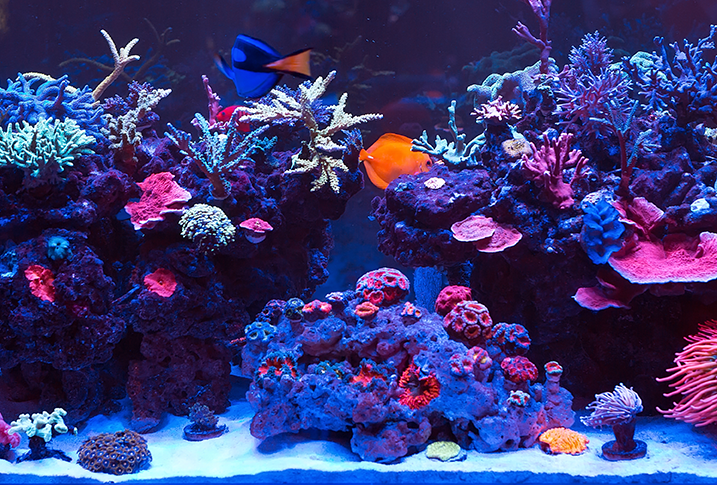
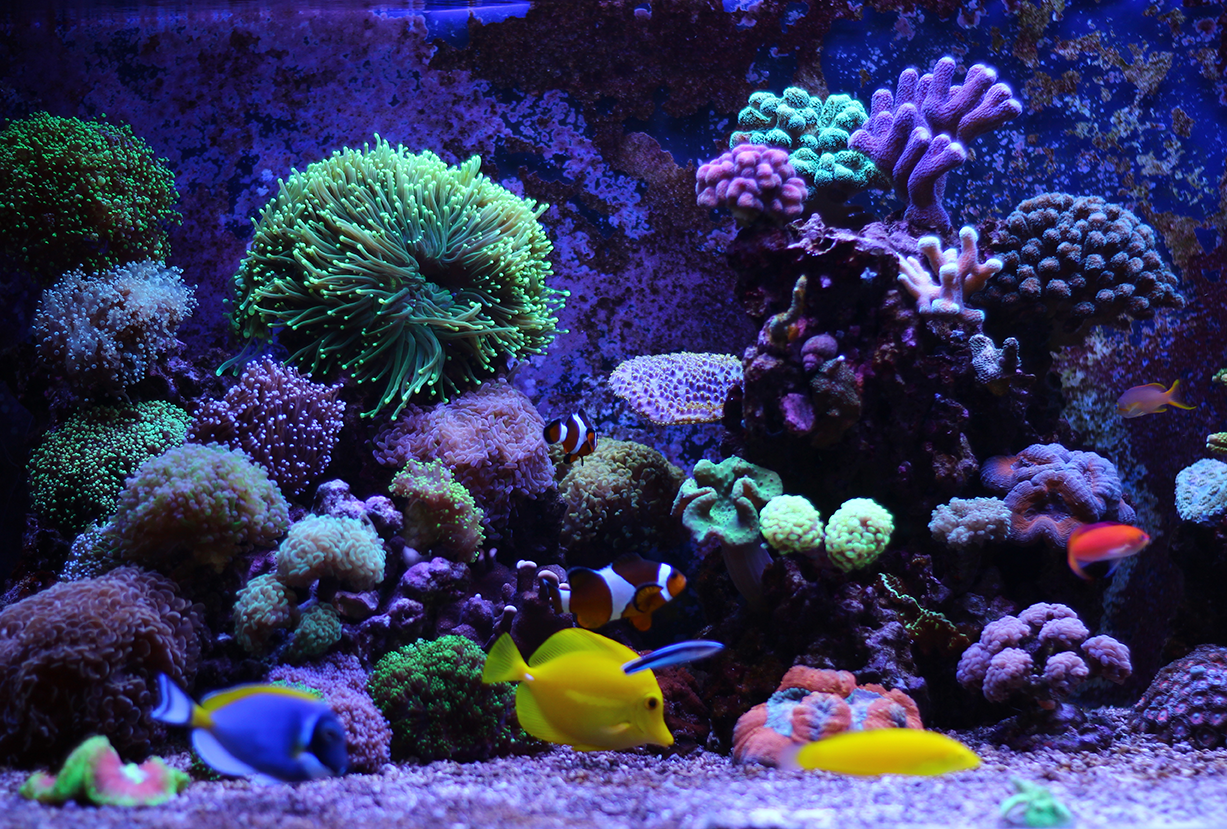
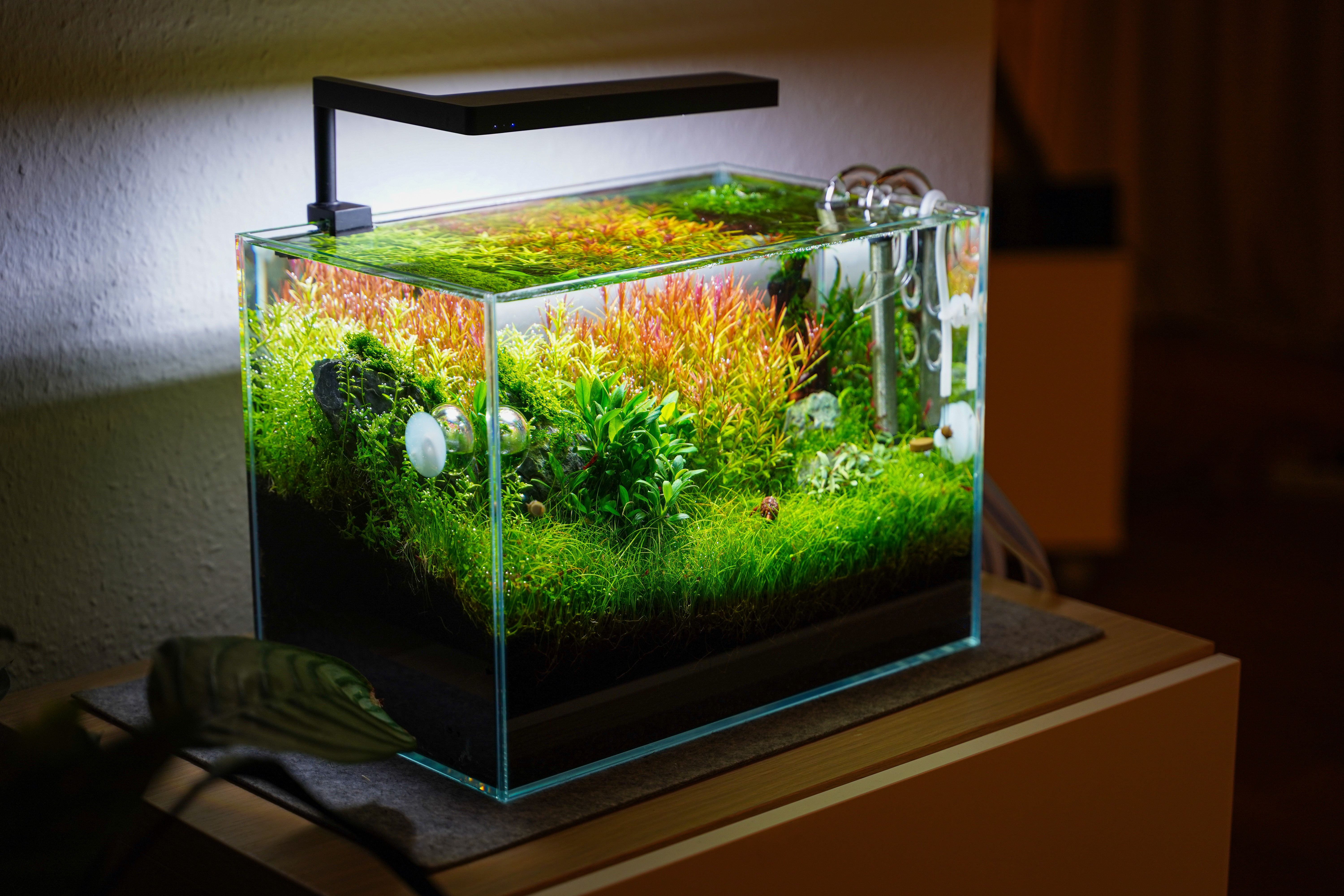
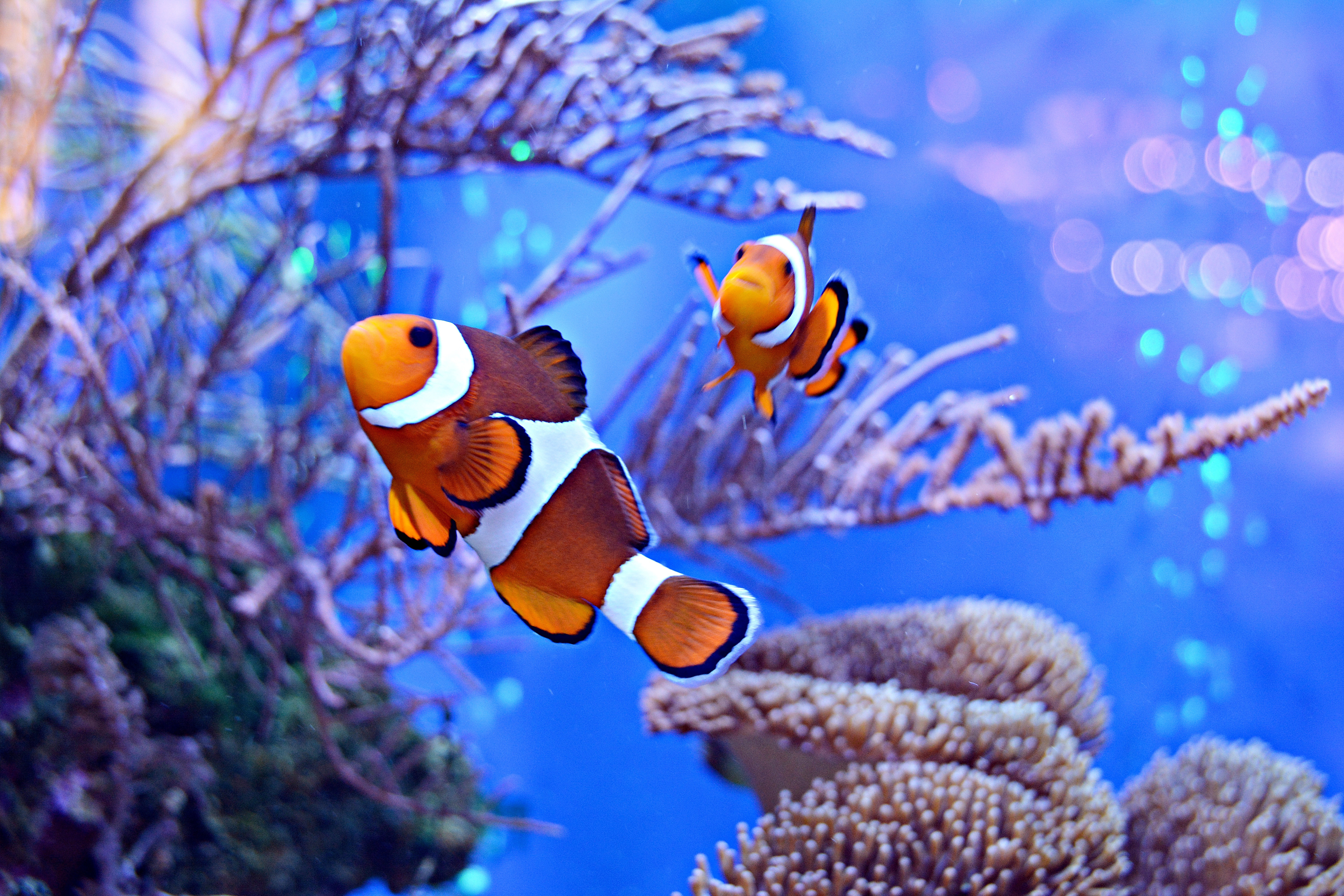
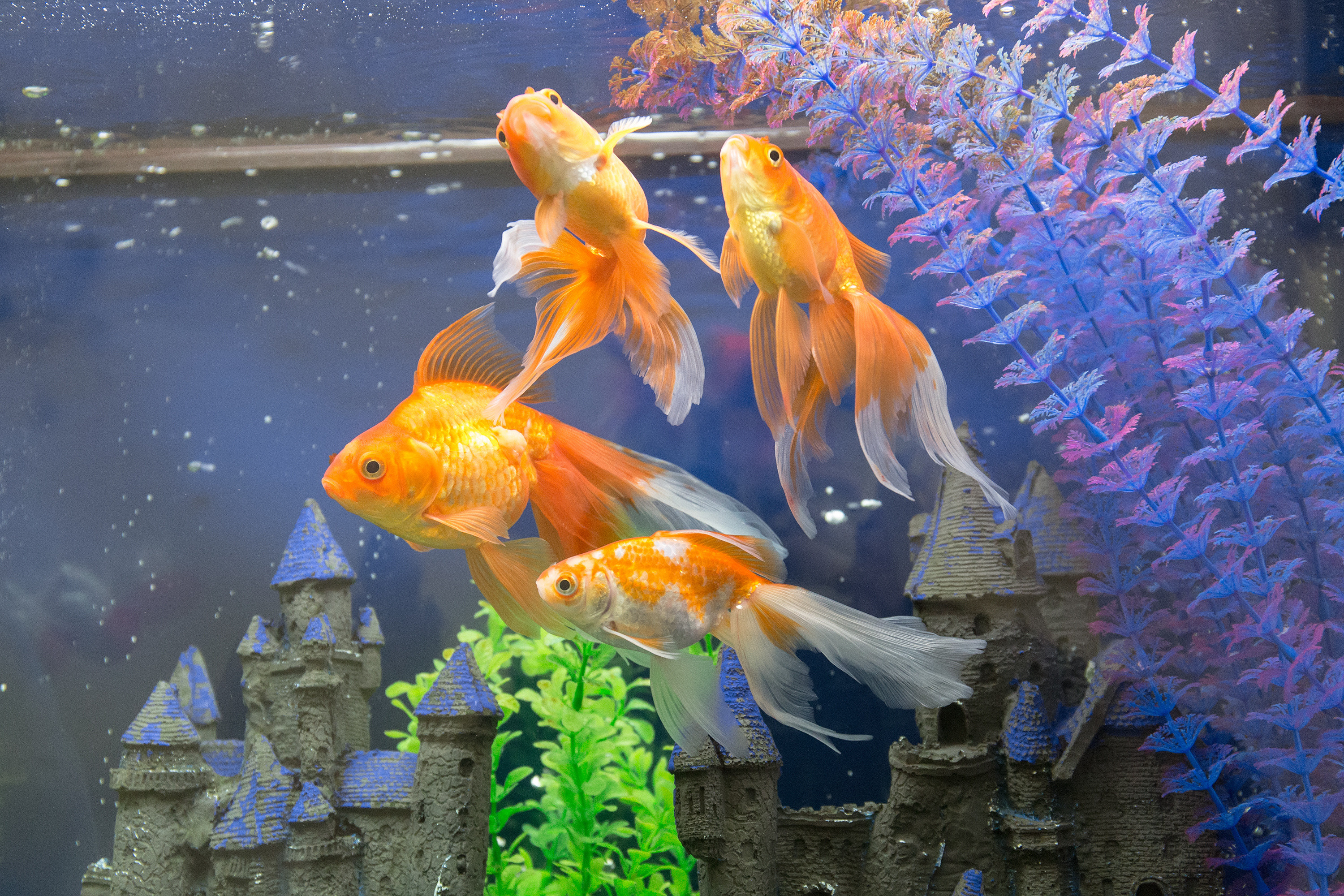
Leave a comment